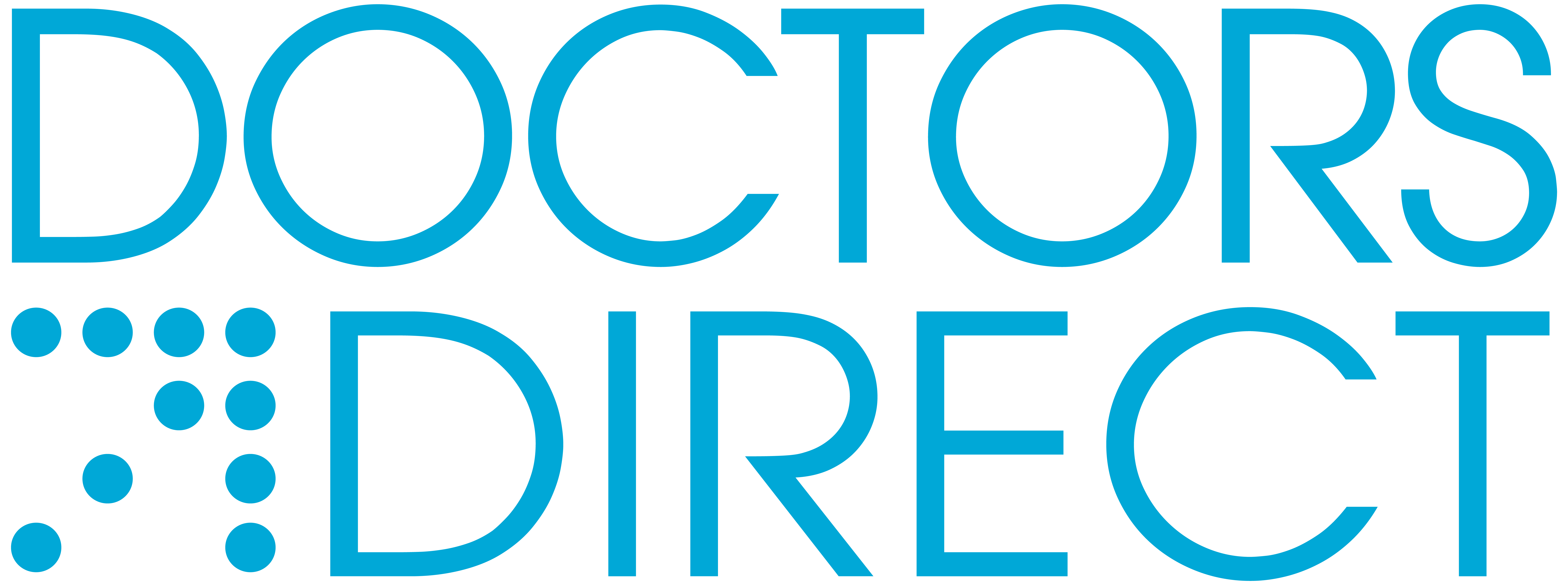|
|
 |
Health and Wellbeing Hub |

World Menopause Day is held every year on the 18th October with the purpose of raising awareness of the menopause and the support options available for improving health and wellbeing.
Menopausal brain fog is a term used to describe a group of symptoms that begin to happen around the time of the menopause for women. These include:
Brain fog may be caused by the rising and falling hormone levels, in particular oestrogen, however symptoms should improve post menopause.
While menopausal brain fog can often be mild an improve with time, there are several things you can do to help ease the symptoms:
If you, or anyone you know is experiencing Perinatal mental health (PMH) problems we have access to support and further information for you. PMH occurs during pregnancy or in the first year following the birth of a child.
Having a baby is a big life event and it is natural to experience a range of emotions during pregnancy, after giving birth or as a partner of someone who is about to or has recently given birth.
If you or anyone you know is experiencing any difficult feelings that start to have a big effect on day-to-day life, you can find access to support available below or reach out to our dedicated HR team on FWHR@NHSProfessionals.nhs.uk.
Family Lives (confidential support, information and advice)
Home Start (offers a service which pairs you with a volunteer who visits you to offer practical and emotional support)
NCT (runs courses for new parents and has a membership that runs activities and social groups)
Netmums offers information on both a national and local level. Gives details of local resources such as child friendly cafes and childminders.
Post Natal Illness - real help from real women